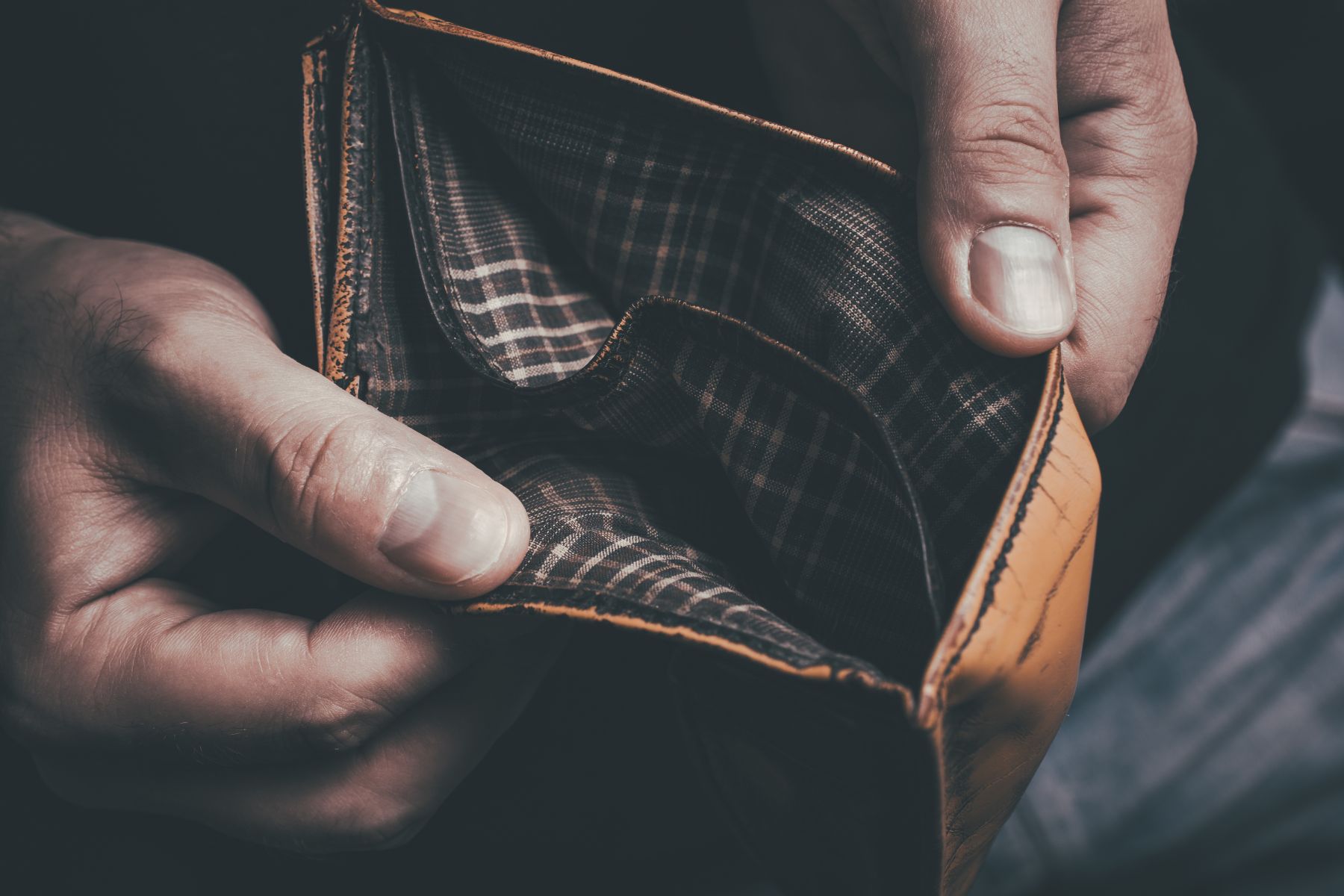Financial stability is crucial for a secure future, yet many individuals find themselves in dire straits due to poor money management. One common way to go broke is by overspending on depreciating assets. When you invest in items that lose value rapidly, such as luxury cars or electronics, you are essentially throwing money away.
Another pitfall is excessive and unnecessary spending. Living beyond your means and indulging in lavish expenses or dining out can quickly deplete your savings and lead to financial ruin. It’s important to distinguish between needs and wants, prioritising saving over frivolous purchases.
Failure to plan for the future is also a recipe for financial disaster. By neglecting to save or invest for the long term, you are essentially living for today without considering tomorrow’s needs.
It’s essential to strike a balance between enjoying the present while preparing for a secure future.
– Renee Hawes
To avoid going broke, it’s crucial to track your expenses, create a spending plan, prioritise saving over spending and invest wisely in assets that appreciate in value. By making informed financial decisions and cultivating good money habits, you can steer clear of financial pitfalls and build a stable financial future.
My Story
Take my personal experience as an example. First part time job at 13 years of age, working on weekends and learning to ‘save for a rainy day’. Paid cash for my first second-hand car, left school and gained full time employment. Within the first year or two of working, decided to get a new second-hand car, as I felt I needed to upgrade yet didn’t have the funds to support this decision. Instead of waiting and saving, I applied and was successful with my first car loan. I was so excited but didn’t consider just how risky this decision could have been, had I have lost my job and not had an income to be able to support the loan, not to mention the loan add-ons like ‘Junk Insurance’, which I later learned is an insurance policy added to the loan, which was of no benefit to myself as the policyholder, yet I was paying for it over the term of the loan. I did however end up paying this loan off in three years instead of five, so was feeling quite accomplished.
Fast forward a few years, now married with a mortgage and a couple of children and this is when our finances were really out of control. We overspent on cars and motorbikes, throwing money away quicker than we could earn it. We were living beyond our means, dining out, taking holidays and banking up the credit card, not really understanding the difference between needs and wants but feeling like everything was a need. We were in a cycle of debt that was feeling harder and harder to escape.
We were definitely not planning for the future, we were purely trying to get through each week, from one pay to the next. Every single pay we received was spent before we’d even received it. Between the mortgage, rates, utilities, groceries, fuel, loans, daycare fees – there was nothing left to save. I remember wondering how we’d ever live a different way, as it seemed impossible!
Well, I was tired of living this way, so something had to change and I was more than willing to make it happen! I now understand that it’s one thing to create a spending plan but it’s something completely different to stick to that spending plan. Tracking our expenses and calculating just how much we could save if we weren’t paying off all these debts was a game-changer. $20,000 per year is what we were paying off ‘stuff’. That’s how much we could have been saving, paying off the mortgage, spending on holidays or using to purchase a second-hand car, instead of getting yet another loan.
In the past five years, after making a decision to stop living in our old ways and start planning for the future, we are in a completely different financial position, a much better one!
We started by paying off our credit card, reducing the limit with each payment we made, to ensure we weren’t tempted to increase our debt as we went. Paid off each debt, one at a time, using the “Debt Snowball” method and better yet, not getting ourselves into more debt!
Once all our debt was paid down, we were able to start setting ourselves up for the future eg: putting savings into an emergency fund, buying an investment property, contributing extra towards our superannuation, etc.
As you can imagine, years of debt and constantly feeling broke was all it took to make a decision to not stay there and start living a different way. We knuckled down for a few years, saved and saved (assisted by COVID-19 and the lack of being able to socialise) and kept focused on the end goal – a secure financial future for us and our family. What a liberating feeling – I can’t recommend it highly enough!
If we can do it, you can too – click here to learn more about our Spending Plan 101 course or here to talk to us about personally coaching you and getting you on track for your financial freedom.

Money Coaching can make all the difference. Speak to us now!

